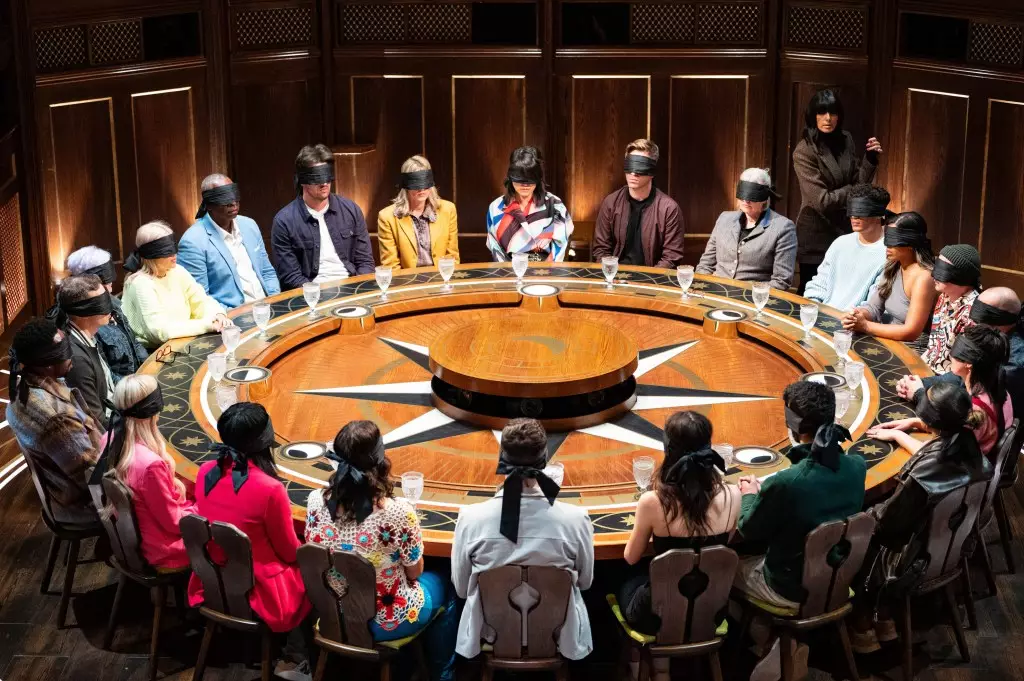The latest season opener of The Traitors UK has made waves in the television landscape, amassing an astounding 5 million viewers and peaking at 5.4 million, marking it as a defining moment for the series. This monumental figure not only outperformed previous opening episodes but also dethroned competing programming, including news segments and nostalgic tributes like Gavin & Stacey. Such a remarkable viewership underlines the show’s growing cultural relevance and popularity, capturing the imagination of audiences eager for explosive reality competition.
The BBC’s strategic foresight in marketing The Traitors cannot be understated. By strategically placing the show in a prime New Year’s Day slot and leveraging extensive promotional efforts, the network has elevated the show’s status to that of a major event on the television calendar. This thoughtful approach entices viewers, enhancing their anticipation and engagement with the series. Moreover, the decision to release episodes consecutively on platforms like iPlayer ensures that viewers can quickly immerse themselves in the unfolding drama, maintaining momentum in a world where binge-watching is increasingly the norm.
One of the most intriguing elements introduced this season lies in the format’s evolving mechanics. Right from the start, viewers were captivated by the twist of losing three contestants during their journey to the game’s castle, creating an immediate sense of intrigue and unpredictability. The elimination of Fozia, Jake, and Alexander—without context about their fates—sets the tone for a season that promises to be fast-paced and filled with unexpected turns. This decision not only enhances the stakes for the remaining players but also highlights how The Traitors continues to innovate within its structure to keep audiences engaged.
As contestants participate in this high-stakes game of psychological maneuvering, a significant shift in the final rules introduces an exciting layer of ambiguity. In this new format, players will not disclose their allegiances—either as traitors or faithful participants—upon their departure from the castle. This crucial change compels the remaining contestants to operate under a cloud of suspicion, relying heavily on intuition and deduction to ascertain the presence of potential traitors. Such a twist not only amplifies the game’s psychological tension but also raises the stakes for strategic negotiation among participants, ensuring a gripping narrative for viewers.
The Traitors UK is setting itself apart from the traditional constraints of reality television. With record-breaking viewership, clever marketing strategies, and innovative gameplay, it has transformed into a cultural phenomenon that captivates not only audiences but also sets the standard for future reality competitions. As the season unfolds, viewers can expect a rollercoaster of manipulation, strategy, and adrenaline-fueled gameplay that will keep them on the edge of their seats. The show’s evolution signifies how reality television can transcend simple entertainment, engaging viewers in a collective experience of suspense and emotional investment.

